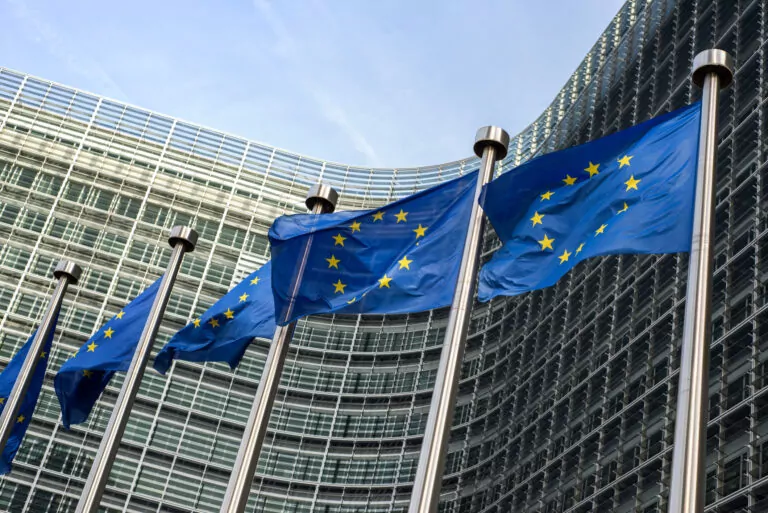Add to favorites:
Share:
This funding opportunity aims to support innovative solutions that advance circularity in key product value chains, aligning with the European Green Deal and the Circular Economy Action Plan. The focus is on developing and implementing Extended Producer Responsibility (EPR) schemes to enhance the sustainability of products, including construction materials, ICT devices, furniture, mattresses, and carpets. Key activities involve testing eco-modulation of EPR fees, developing digital tools like digital product passports, and providing actionable policy recommendations to minimize waste and environmental impact. Collaboration among diverse stakeholders such as industry, SMEs, researchers, and NGOs is essential to achieve the desired outcomes.
Opening: 06-05-2025
Deadline(s): 17-09-2025
Data provided by Ghent University
This funding opportunity represents a pre-agreed draft that has not yet been officially approved by the European Commission. The final, approved version is expected to be published in the first quarter of 2025. This draft is provided for informational purposes and may be used to preliminarily form consortia and develop project ideas, but it is offered without any guarantees or warranties.
Expected Outcome
• Demonstrated solutions for EPR schemes with cross-border applicability.
• Improved knowledge among producers, SMEs, and consumers about EPR schemes and their benefits.
• Enhanced uptake and efficiency of EPR schemes in prioritized product categories.
• Contributions to sustainability through reduced resource demand, GHG emissions, and ecosystem pressure.
Scope
• Develop and demonstrate operational solutions for large-scale implementation of EPR schemes, focusing on eco-modulated fees.
• Innovate circular business models and assess their economic, environmental, and social benefits.
• Test digital technologies, including digital product passports, for improved lifecycle management.
• Formulate policy recommendations to incentivize waste prevention and reduction.
• Address cross-border cooperation and free-riding issues in online marketplaces and global value chains.

